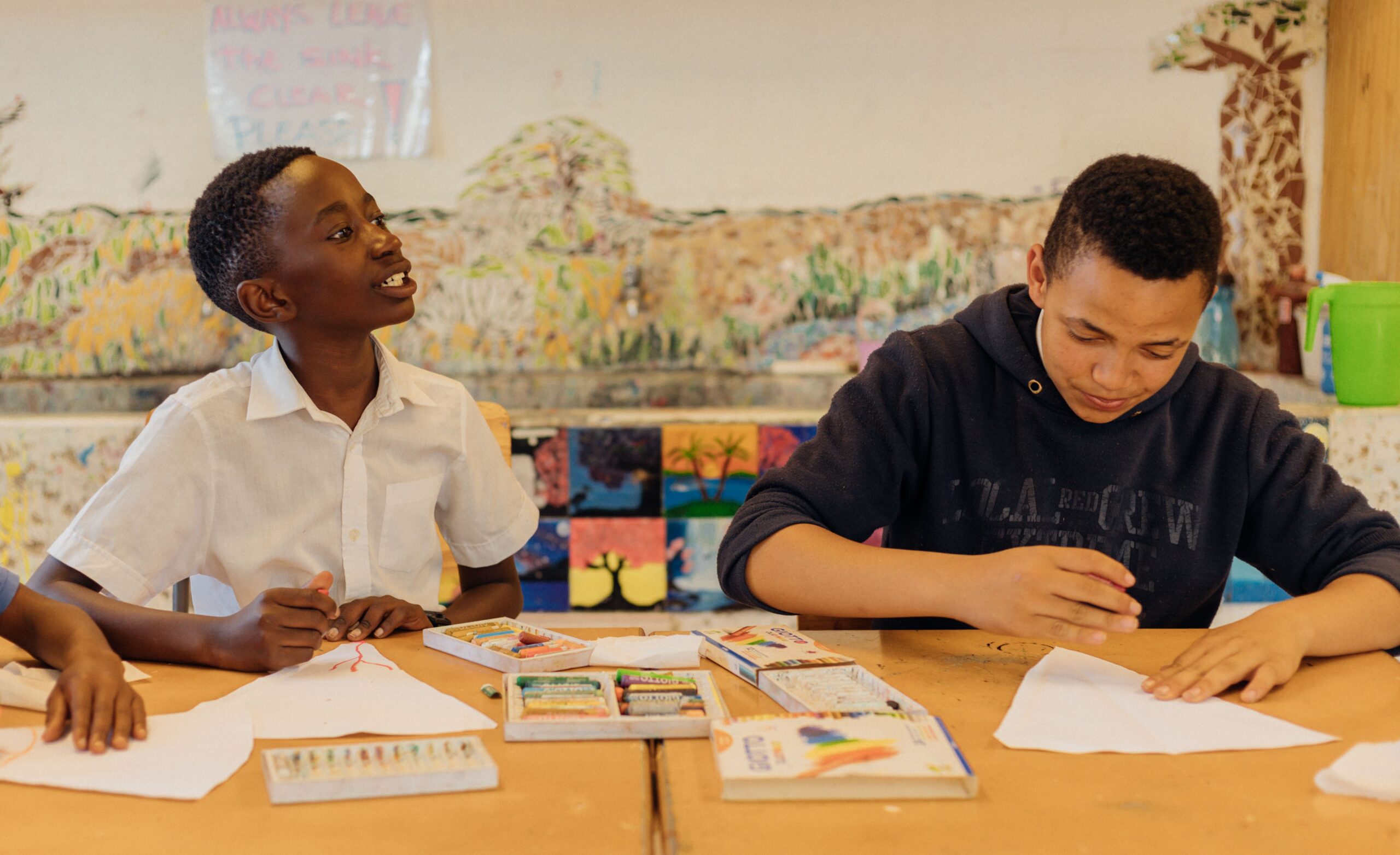The recently published 2021 Progress in International Reading Literacy Study (PIRLS) found that 81% of Grade 4 learners in South Africa can’t read for meaning. This is up from 78% in 2016, largely on the back of the Covid-19 pandemic.
The study showed that Grade 4s lost the equivalent of 80% of a year of learning between 2016 and 2021, while others show Grade 1 and 2 learners may have lost more than one full year of learning. South Africa was making small gains in reading in the decade before Covid-19. The PRILS results show that our literacy levels are now back to where they were in 2011 (when 82% of Grade 4s couldn’t read).
Our system has lost a decade of slow, but steady progress.
The steepest declines were found across the more rural provinces of Limpopo, Free State and Mpumalanga, where teaching is largely delivered in Sepedi, Sesotho, isiNdebele, Xitsonga and Setswana.
The results particularly reinforce what we already know about the effects of the pandemic on learning for disadvantaged learners in no-fee schools, who were in grades 1 to 4 with little grounding in foundational reading skills over that period. It widened already large inequalities between no-fee and fee-charging schools. Without an urgent, large-scale and effective response, this generation will experience poor learning outcomes, which will lead to higher dropout rates, and increased levels of inequality, future unemployment and poverty.
Article originally published in the Daily Maverick. Read more here.
